One of the reasons why genuine change has been very difficult to achieve in Nigeria is because of the myths and wrong beliefs that many Nigerians tenaciously hold on to.
MYTH 1: NIGERIA HAS GONE SO BAD THAT IT CAN NOT BE REDEEMED.
This is not true. Examples abound of countries that were in very bad shape like we are in Nigeria before and were rescued and set on the path of greatness through transformative and conscious leadership. Ghana, Botswana and Rwanda in Africa are good examples here. Singapore is a global shinning example.
MYTH 2: THE UNITY OF NIGERIA IS NOT NEGOTIABLE.
Advertisement
This kind of mindset promotes arrogance, rascality, impunity and to some extent lack of accountability on the part of leaders in Nigeria. It makes constructive dialogue impossible. The fact that most Nigerians who pander this view only do so when they are in power should expose their insincerity to all.
There is no unity that can not be negotiated, reviewed or rejigged to make it stronger or enable each of the parties to attain fulfilment. Czechoslovakia was once a united country. To make room for greater progress, peace and development, the leaders piloted the country towards a peaceful separation and two rapidly developing countries – Czech and Slovakia emerged.
Without firing a single bullet, former Soviet Union USSR decided to review its union and new nations were born. Through dialogue Switzerland was able to carry out needed reforms and the nation chose unity amongst the federating units. The country practices rotational Presidency amongst its six vice presidents. Imagine one nation having six vice presidents? That is their formula for national peace, unity and progress. Nigeria can not make genuine progress by being too afraid to open the space for a true national dialogue.
Advertisement
To make the unity of Nigeria desirable for all the federating units, the national leaders must practice fairness, equity, justice and patriotism while promoting development sincerely and aggressively.
Nigerian leaders must pay attention to the feelings, yearnings and desires of the people and moderate them with sound wisdom, open-mindedness and maturity to prevent Nigeria from going the way of Yugoslavia. Wherever peaceful change is made impossible, violent change is made inevitable.
MYTH 3: NIGERIA IS TOO BIG.
Some Nigerians believe that the size of Nigeria makes governance difficult. They suggest that the country should be broken into smaller pieces for ease of governance.
Advertisement
This is not true. The size of Nigeria is not the problem, the leaders and their style are the problem. China, India, USA etc are more populated than Nigeria and the leaders are doing great work.
Everything rises and falls with leadership.
MYTH 4: NIGERIA IS TOO DIVERSE TO BECOME A NATION.
Some believe that Nigeria is made up of too many ethnic nationalities and religious differences and it can not forge unity because of the too many differences.
Advertisement
This also is not true, some multiethnic, multiracial and multi-religious could tries have forged progress.
Indonesia has more ethnic nationalities and tongues than Nigeria. It is forging along nicely. Great leaders unite, bad leaders divide to rule.
Advertisement
MYTH 5: NIGERIA CAN NEVER FIGHT CORRUPTION.
Many Nigerians belief corruption has become so pervasive in Nigeria that nothing can be done about it.
Advertisement
The culture of corruption was an alien to Nigeria before. Corruption is growing in Nigeria because some people embrace it and are infecting others because of the prevailing harsh economic and social conditions in the land.
With total sincerity and transparency by the leaders, corruption can be attacked and defeated in Nigeria. The problem for now is that the war against corruption is selective and most of the leaders themselves have corruption skeletons in their cupboards.
Advertisement
Corruption always fight back certainly, but it only succeeds in winning when the hands of the sponsors of the anti- corruption war are also dirty.
MYTH 6: NIGERIA CAN NOT EMBRACE MERITOCRACY BECAUSE SOME SECTIONS OF THE COUNTRY ARE BACKWARD EDUCATIONALLY.
This myth is the fertilizer of mediocrity in Nigeria. It is largely responsible for the nation’s underdevelopment and the death of professionalism in Nigeria’s public service sector. It has contributed significantly to the pervasive corruption and crushing poverty in the land.
This mindset has done unimaginable and unquantifiable damage to the destiny of Nigeria. If Nigeria will ever develop, it is time to start rejecting this insult on behalf of the people from the states that are still being referred to as educationally retarded after 60 years of independence.
To continue to use any tribe or region of Nigeria to justify why we can not jettison mediocrity and embrace meritocracy at this crucial moment of our existence amounts to sheer wickedness and lack of serious desire to lift Nigerians out of poverty and backwardness.
Every of the 36 states of Nigeria and the FCT has brilliant men and women that could occupy our public service and move the nation forward. Making mediocrity a national culture by continuing to select unqualified people to populate our civil service and lead our ministries, departments and agencies will continue to make Nigeria unable to compete in the committee of developing nations and will ultimately kill the country. Nigeria can embrace and excellently practice meritocracy. We have the Sanusi Lamido Sanusis, the Okonjo Iwealas and the Adewunmi Adesinas in every state and region of Nigeria. All we need to do is reject the mediocrity mentality in every aspect of leadership and governance. Only the best of us from all the various regions and states can lead the rest of us to true greatness.
MYTH 7: WHAT CAN ONLY ME DO?
This is the most popular, most dangerous and most destructive of all the myths obstructing progress in Nigeria. This wrong belief has become the mindset and mentality of most Nigerians. It has engulfed most Nigerians with the fire of cynicism and forced many to surrender to despair. The greatest captives of this mentality are the youth and the educated elites.
As a result of this warped ideology, most Nigerians have become what Late Chief Bola Ige called the ‘Siddon Look’ generation. That mindset changed Nigerians to the Suffering and Smiling People Fela Anikulapo described in his song over three decades ago. This mentality birthed a people who always resign to faith where they ought to raise their voices and take a stand for what is right.
One person can make a whole lot of difference. One person can be the change. The easiest example every Nigerian can draw inspiration from is the issue of religion since we love to be seen as a nation of religious people. Christianity took its source from 1 personality – Jesus Christ. Islamic religion took its root from 1 Personality – Prophet Mohammed (SAW). 1 person brought Christianity to Nigeria. 1 person brought Islam to Nigeria. Today, there are several millions of Nigerians in both faiths. Imagine if the person who introduced these religions to Nigeria had said “what can one man do?”.
One man can do a lot. Dr. Martin Luther King Jr. was one man. When he rose, he stirred up others who had the fire of change in their bones. Nelson Mandela was one man. When he rose, all the others who rose with him understood their importance.
Nigeria will start to experience transformation the day every Nigerian begin to see themselves as the important person that Nigeria needs to survive. The power on ONE is very important. Stop throwing yours away because of fear, selfishness, lack of concern, ignorance or lack of understanding.
It is time to kill all the myths killing Nigeria. You have a V.I.P. role to play to make that happen. ARISE and become the change in whatever little corner or space you occupy.
Osho is a pastor, author and development specialist.
Views expressed by contributors are strictly personal and not of TheCable.
1 comments
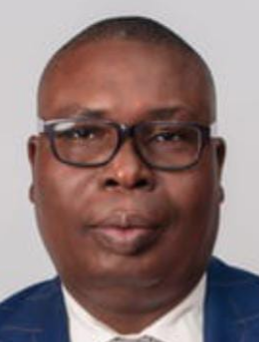
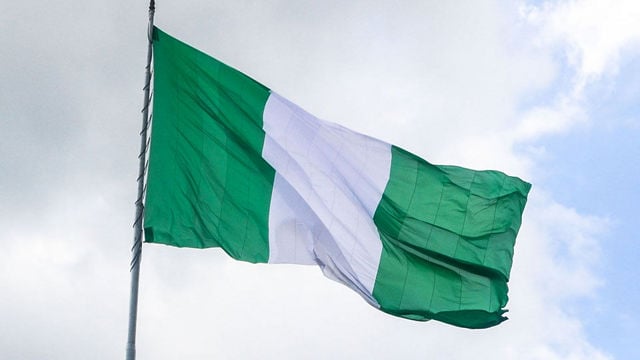
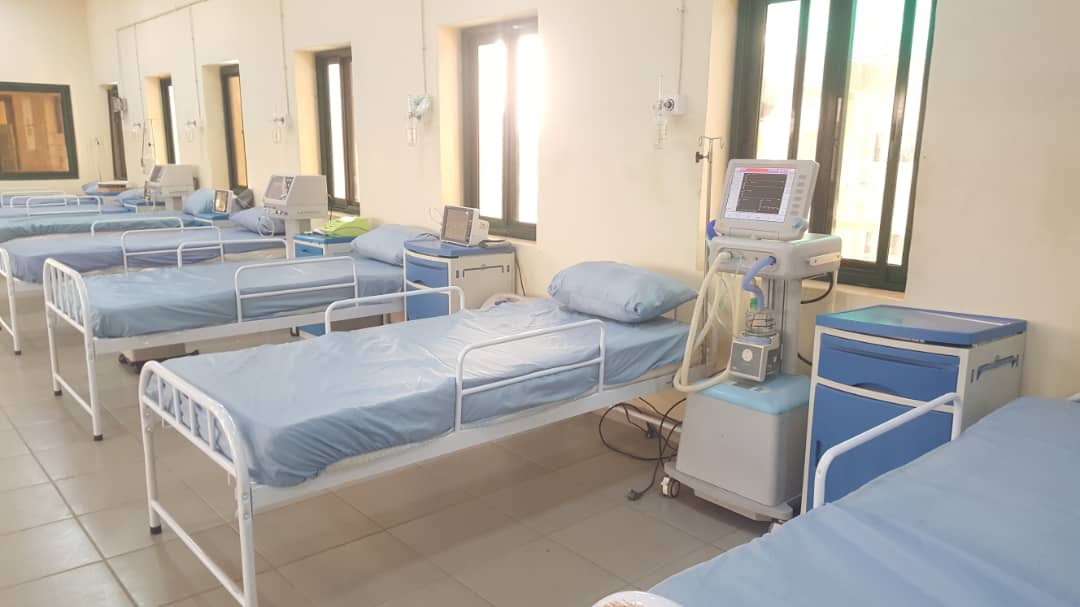
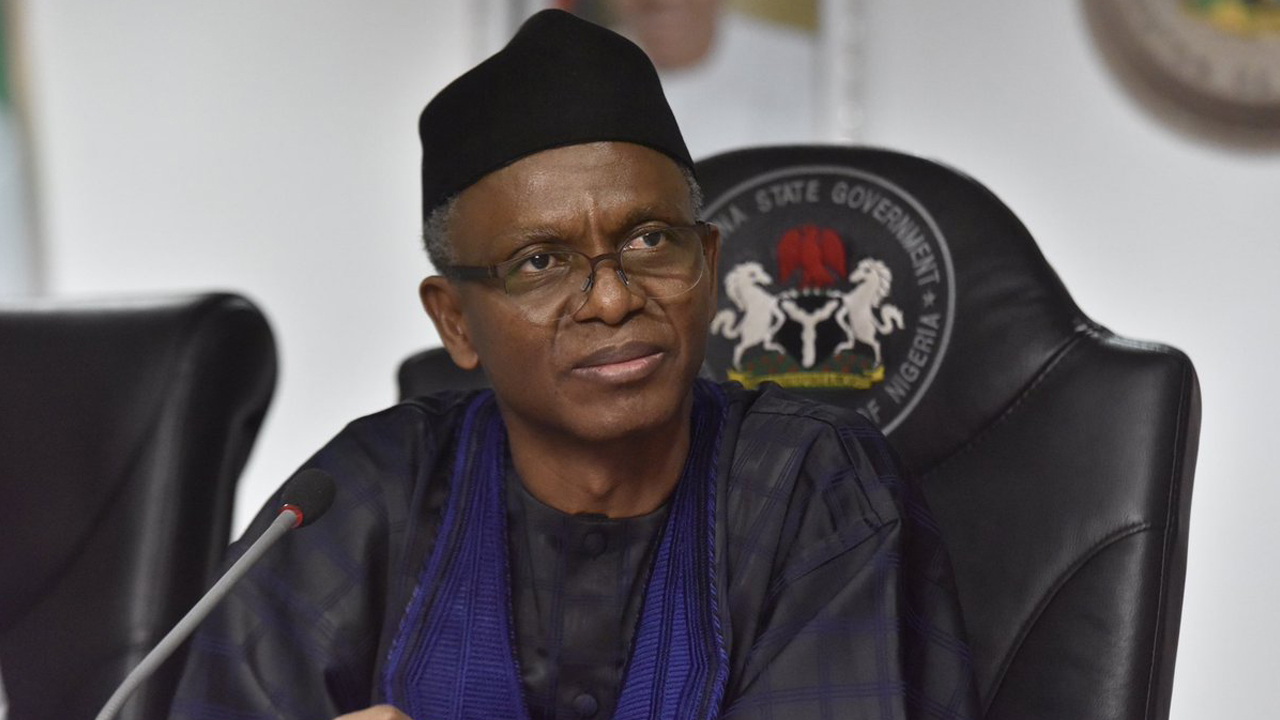
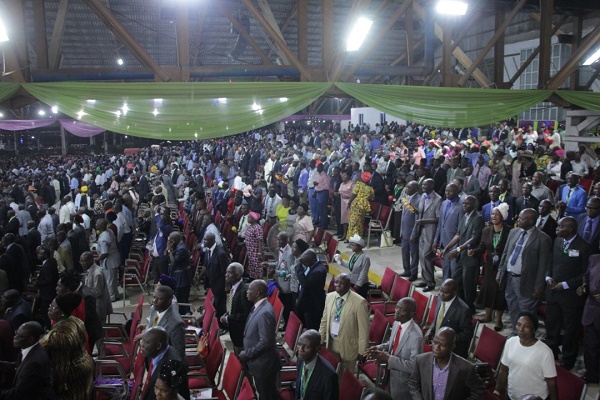
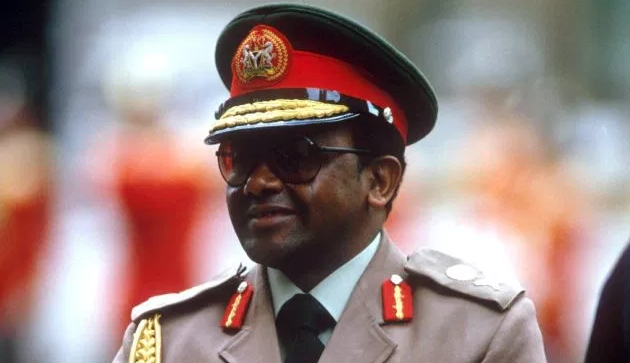
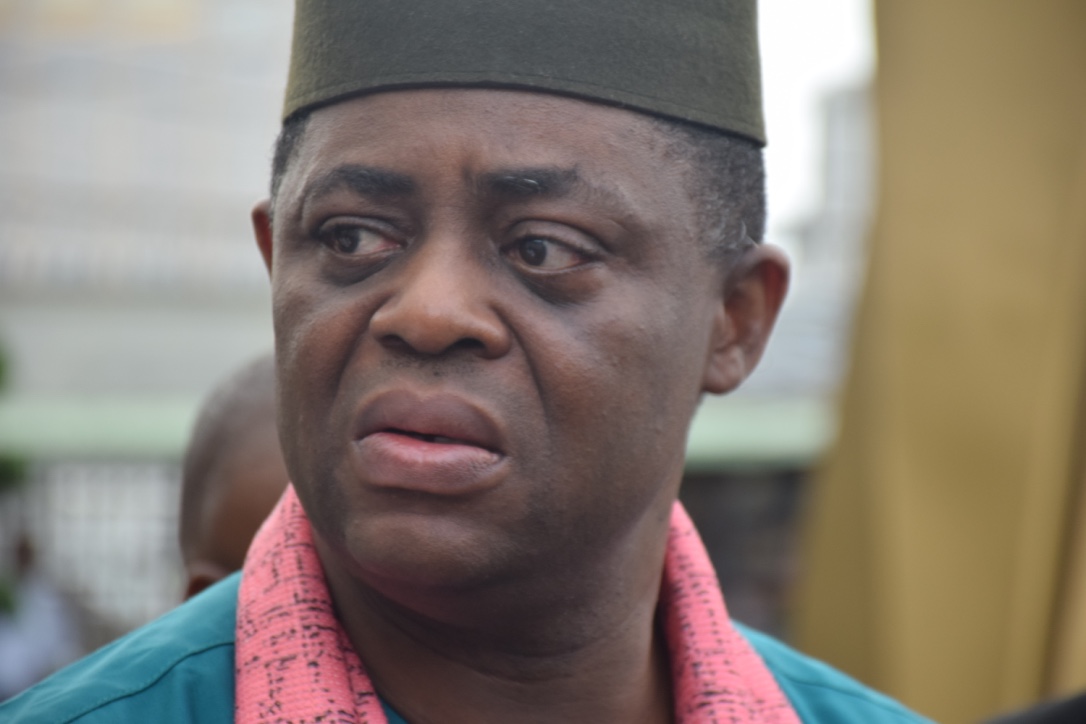
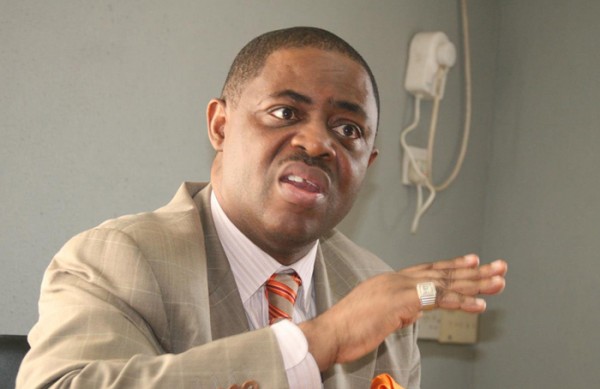
Wonderful article and very encouraging. I hope many people read and take heed. Myths killing the nation. Another is it doesn’t matter, leading people to behave in a way that slowly degenerates the infrastructure of the country.